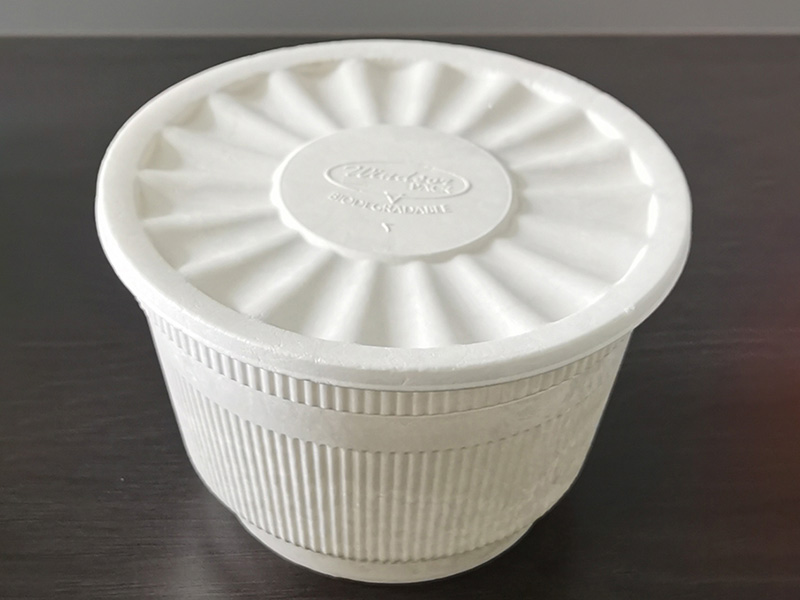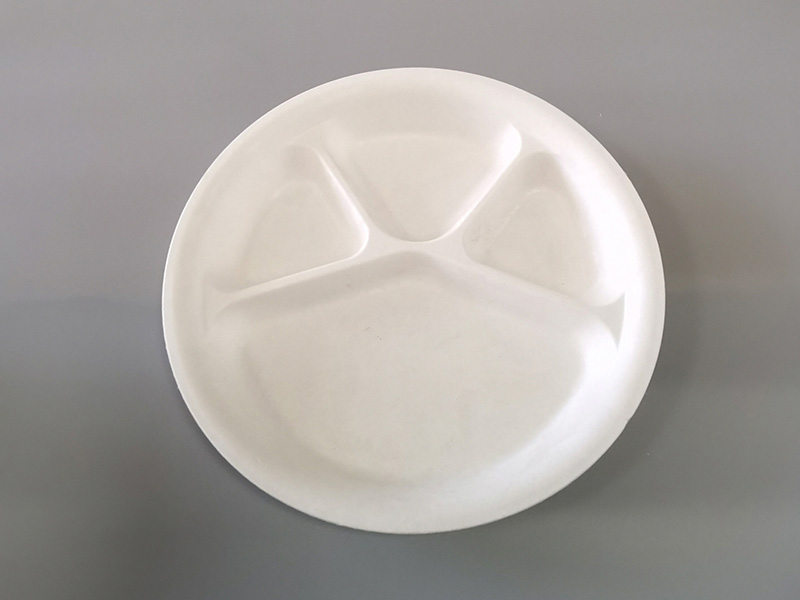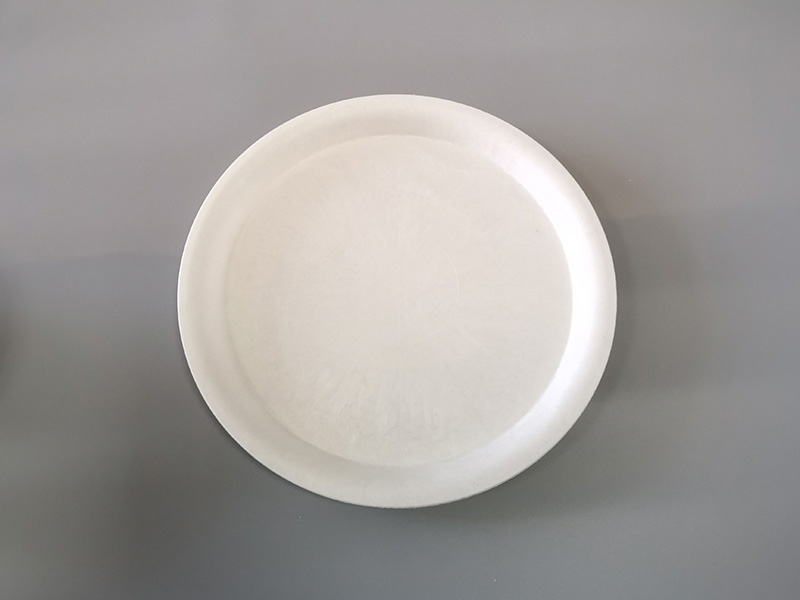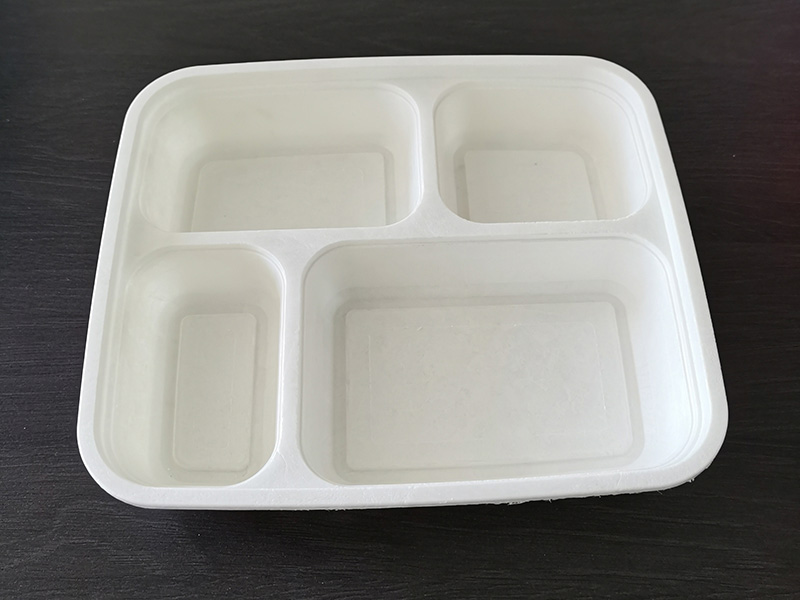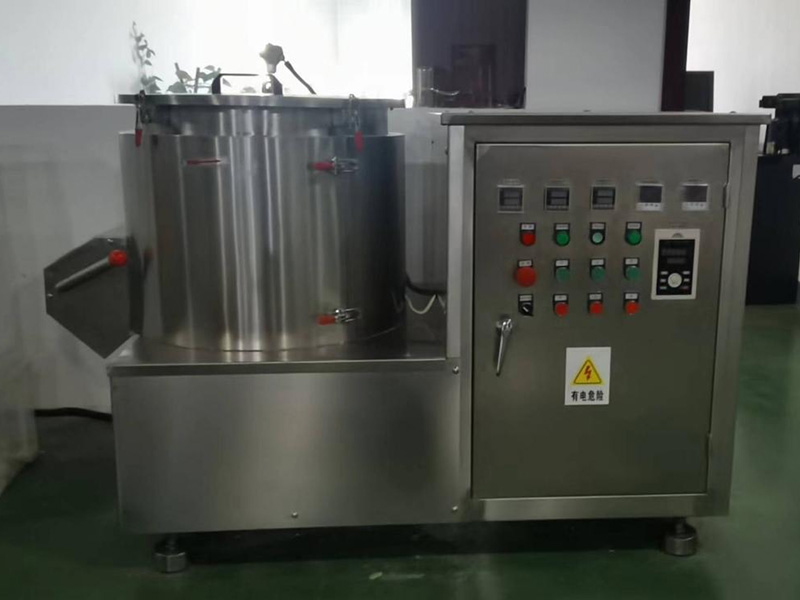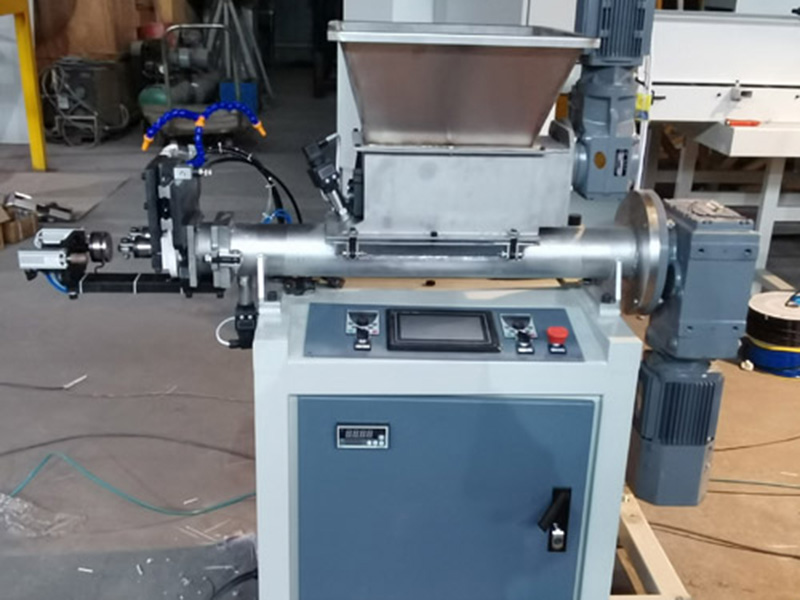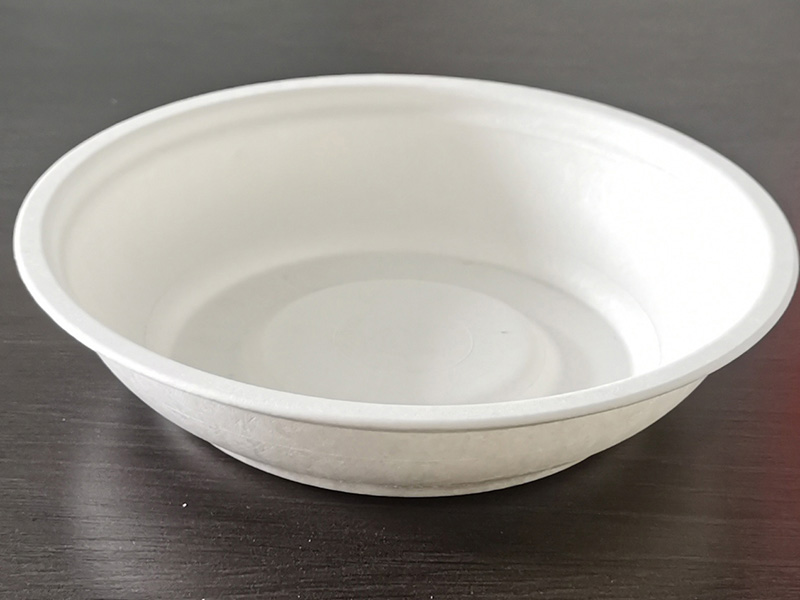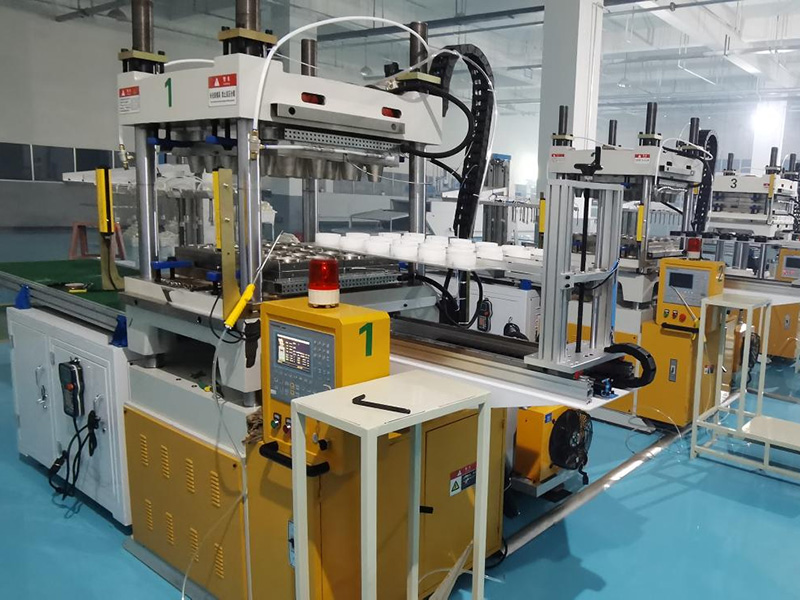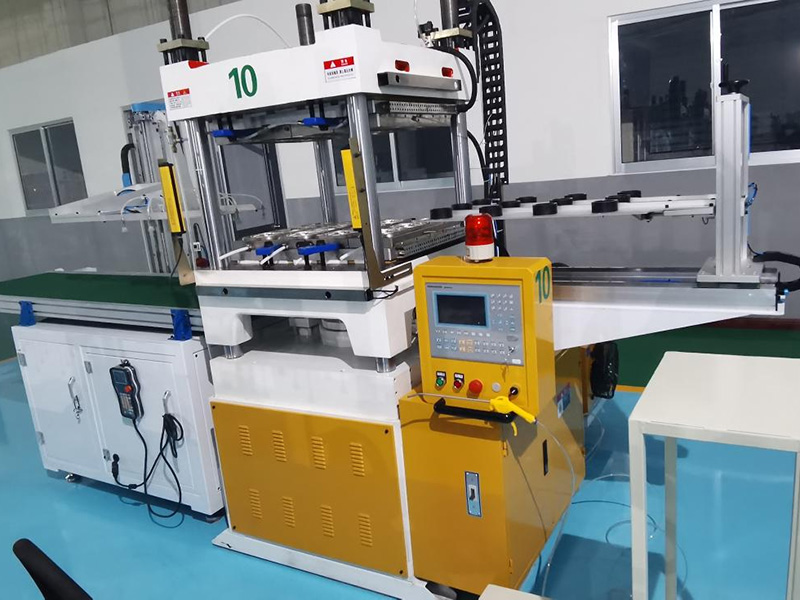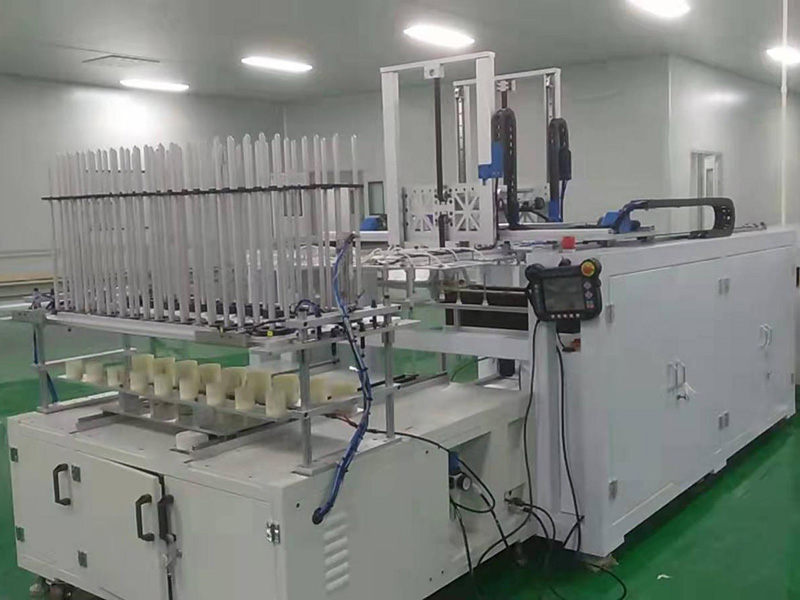Packaging Bowl
Product Introduction
With the rapid development of the global economy and the emphasis on the environment, countries have issued policy documents to limit and ban the production and use of plastics. Vigorously promote the use of degradable disposable tableware, environmentally friendly tableware and environmentally friendly packaging materials. With the improvement of people’s living standards and changes in consumption awareness, more and more people are using and discarding disposable tableware and packaging products almost every day, and the quantity is staggering. The consumption market of environmentally friendly disposable tableware is growing at a rate of 10% every year. The promotion and utilization of new degradable materials has broad prospects for market development.
Starch disposable tableware is a natural polymer material and a completely biodegradable tableware. Its unique bonding properties and natural biodegradable tableware properties are characteristics that other chemical synthetic materials cannot achieve. The main raw materials for compostable and environmentally friendly tableware can be It is corn starch, tapioca starch, and other vegetable starches. Especially for corn starch, countries have a large number of planting resources and deep processing starch factories. Degradable disposable tableware and compostable packaging material products have no three types of waste discharge (waste water, waste gas, waste residue, noise) during the entire production process, do not pollute the environment, and are environmentally friendly products without pollution. Under the action of microbial (bacteria, mold, algae) enzymes in the natural environment, corn starch tableware can catalyze compostable starch tableware and compostable packaging materials after use and discard, and the biodegradation of disposable tableware leads to moldy appearance and internal quality of starch tableware. Variation, can be eaten by insects. The biodegradation rate is almost 100%. Under proper temperature and environment, degradable starch tableware can be degraded to form carbon dioxide and water within 30 days, without polluting the soil and air, increasing soil nutrients and returning to nature.


